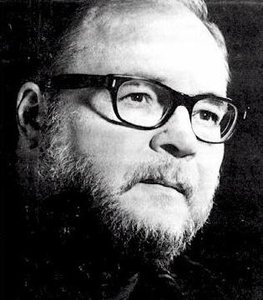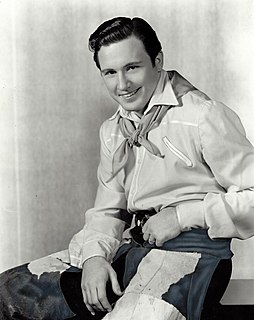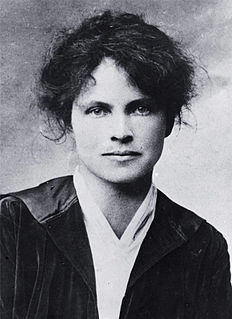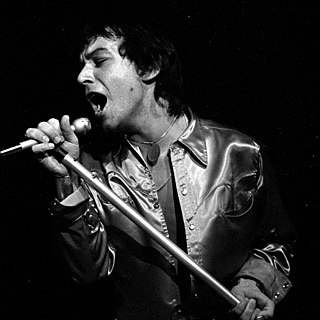A Quote by James Wright
Poetry can keep life itself alive. You can endure almost anything as long as you can sing about it.
Related Quotes
The child thinks of growing old as an almost obscene calamity, which for some mysterious reason will never happen to itself. All who have passed the age of thirty are joyless grotesques, endlessly fussing about things of no importance and staying alive without, so far as the child can see, having anything to live for. Only child life is real life.
I look at the great poets of the Soviet Union, like Anna Akhmatova, who endured far worse then anything we've seen or hopefully that we will ever see. If they could keep writing and keep a voice alive, keep people hopeful through their poetry, then I would be ashamed to stop and to give in. It would be really self-indulgent, unacceptable, and inexcusable to walk away from it.
I've never been able to write poetry without having vast tracts of dead time. Poetry requires a certain kind of disciplined indolence that the world, including many prose writers, doesn't recognize as discipline. It is, though. It's the discipline to endure hours that you refuse to fill with anything but the possibility of poetry, though you may in fact not be able to write a word of it just then, and though it may be playing practical havoc with your life. It's the discipline of preparedness.
One day while studying a Yeats poem I decided to write poetry the rest of my life. I recognized that a single short poem has room for history, music, psychology, religious thought, mood, occult speculation, character, and events of one's own life. I still feel surprised that such various substances can find shelter and nourishment in a poem. A poem in fact may be a sort of nourishing liquid, such as one uses to keep an amoeba alive. If prepared right, a poem can keep an image or a thought or insights on history or the psyche alive for years, as well as our desires and airy impulses.






































